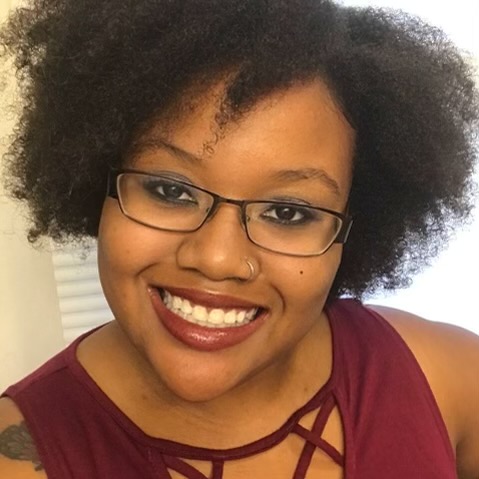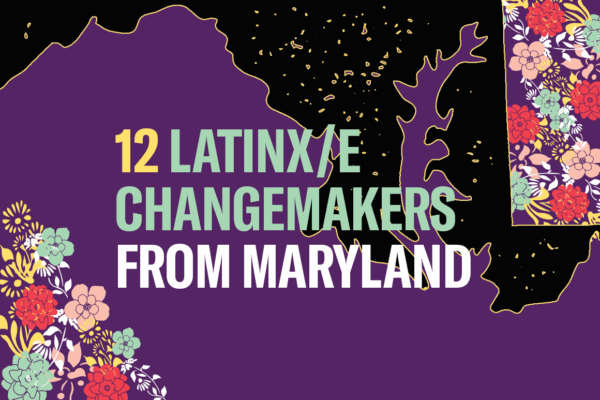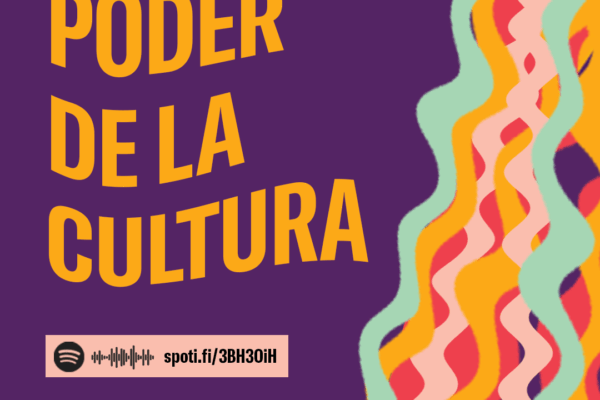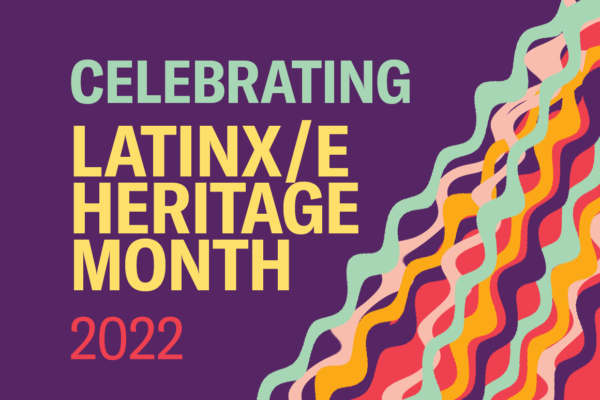Often for Cultural Heritage Months, we try to highlight people whose experiences and identities shaped them into the activists they are today. Kristen is one of those phenomenal activists who does amazing work on the ground to push to reimagine policing and dismantle white supremacist structures.
Often for Cultural Heritage Months, we try to highlight people whose experiences and identities shaped them into the activists they are today. Kristen is one of those phenomenal activists who does amazing work on the ground to push to reimagine policing and dismantle white supremacist structures. You will read about her Black and Latina identity, what she advocates for, and how she became the person she is today.
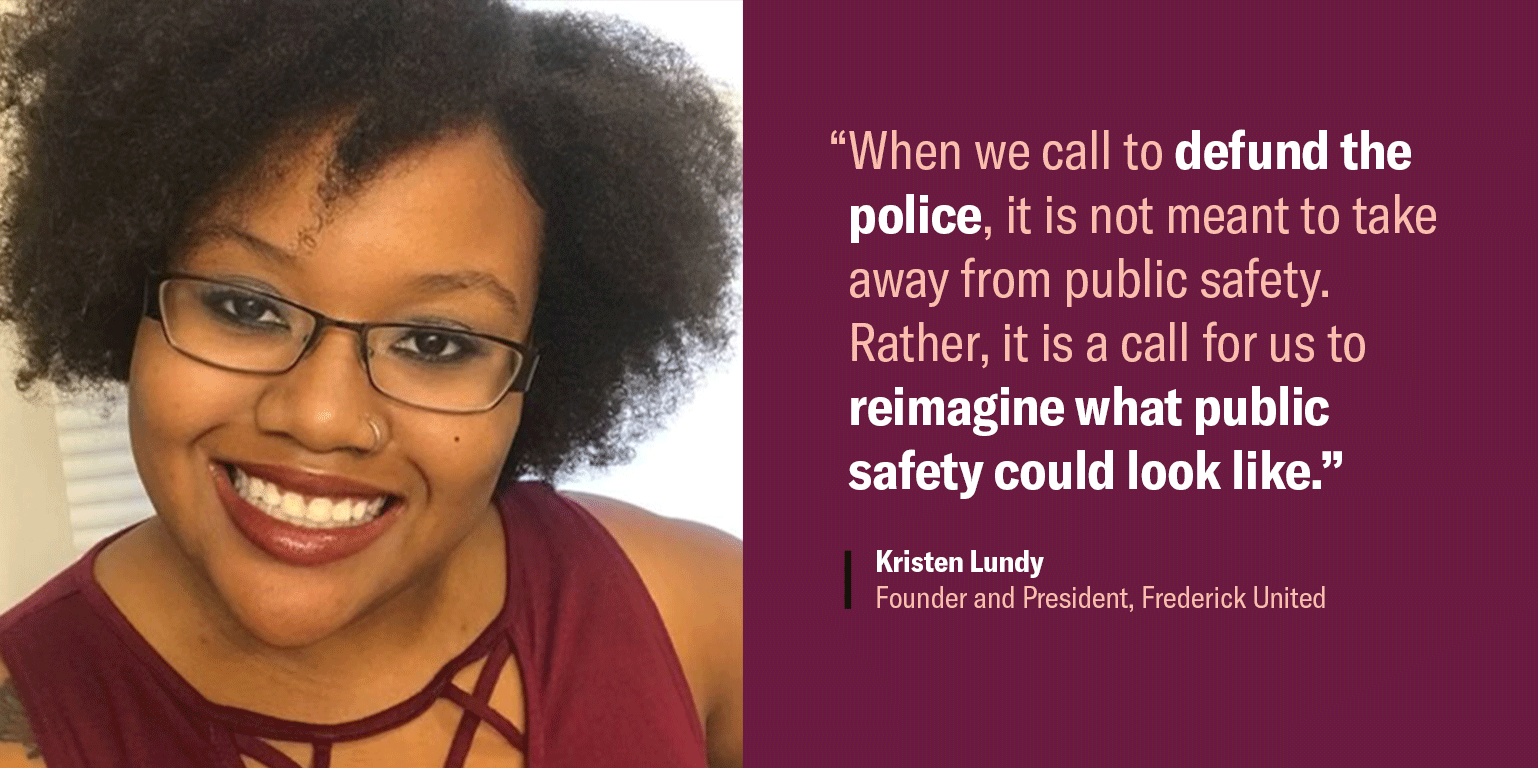
By Kristen Lundy, Founder and President of Frederick United
As a child, I remember being in love with my Blackness. It wasn’t until I got older that I realized society’s issue with my identity as a Black girl.
In 1st grade, I had a friend who I enjoyed spending time with. I remember one instance when she told me that she could only call me when she was at one of her parent’s house because the other parent didn’t like Black people. I knew I was darker than some people, but I was in shock that another person could take issue with that. It was one of the first moments that I experienced blatant racism.
Growing up, I also recognized colorism in the different ways people treated my parents. My mother was darker than my father and whenever I was with my mother, we would get stopped and questioned much more than when I was with my father. These experiences did affect the way I saw the world and the ways I operated within it to dismantle white supremacy. But I’m so happy to say that these experiences didn’t change my love for my skin and culture. And this love also included love for my natural hair.
My hair is a part of my culture, a part of who I am. But when I was younger, my mom wasn’t really sure how to style or take care of my natural hair, so I begged her to put relaxers in it. Hair relaxers straighten curly hair, turning the hair weak and brittle. This process can even damage the scalp and lead to permanent hair loss. This type of chemical can also melt an aluminum can. I wished that we had chosen instead to learn how to care for my natural hair, but we didn’t and hair relaxers were used on my hair.
But once my mom had a hair accident, I decided to stand in solidarity with her and no longer use relaxers in my hair. I did a slow transition before I did my big chop and I have been natural ever since. I will never use a relaxer in my hair again and I completely embrace my natural hair.
Later on, when I discovered that I was Latina, as well, I uncovered another aspect of my complex identity. This discovery wasn’t a traditional story for me. I didn’t grow up with it. What I grew up with was Black culture and I was raised in a Black family.
But through talking with some family members and doing my own research, I learned about this aspect of myself that I never knew about. It was a beautiful process. I learned my family represents many roots, from Indigenous to African.
Latin America’s history shows that only about 10 percent of Black people who crossed the Atlantic Ocean in the Atlantic slave trade went to North America. White people kidnapped and took over 90 percent of Black people from Africa to the Caribbean and South America. We cannot separate Blackness from Latin America. They are intertwined. Afro-Latinidad is part of my identity. I learn more about it every day. And I love everything about my identity. I am both fully Black and fully Latina.
What I want to stress is that there is no one experience for all Afro Latinx people. There is no typical look. We don’t all look like J.Lo, Mario Lopez, or Camilla Cabello. We are different. Our identity encompasses every race, a multitude of countries, many languages, different foods, an array of dances, and even distinct cultures. And that is the beautiful thing about being Afro-Latina for me, at least.
Because of my experiences and identity, everything I do is to empower my community and to carve a better future for Frederick residents, the county in which I live. I am a member of Frederick United, an organization that is currently in the process of becoming an official 501(c)(3) nonprofit organization. Its purpose is to unite Frederick and promote change in Black and Brown communities.
As an activist and healer in my community, I work with individuals in the behavioral health field and also organize Black Lives Matter marches and protests. I see the spirit of the BLM movement in every chant, smile, sign, and speaker during these protests. One particular Black Lives Matter protest that I remember was one in June of last year.
On June 20, 2020, I organized a rally called, “Say Their Names,” in honor of the Black people killed by police. Gina Best, a prominent speaker at the event, said, “I will never heal from this,” specifically speaking about the police killing of her daughter, India Kager. She led the chant, “Say her name.” Signs read, “DefundThePolice” and “AbolishICE.” The rally was a cry to end police violence in Frederick and a protest for unity.
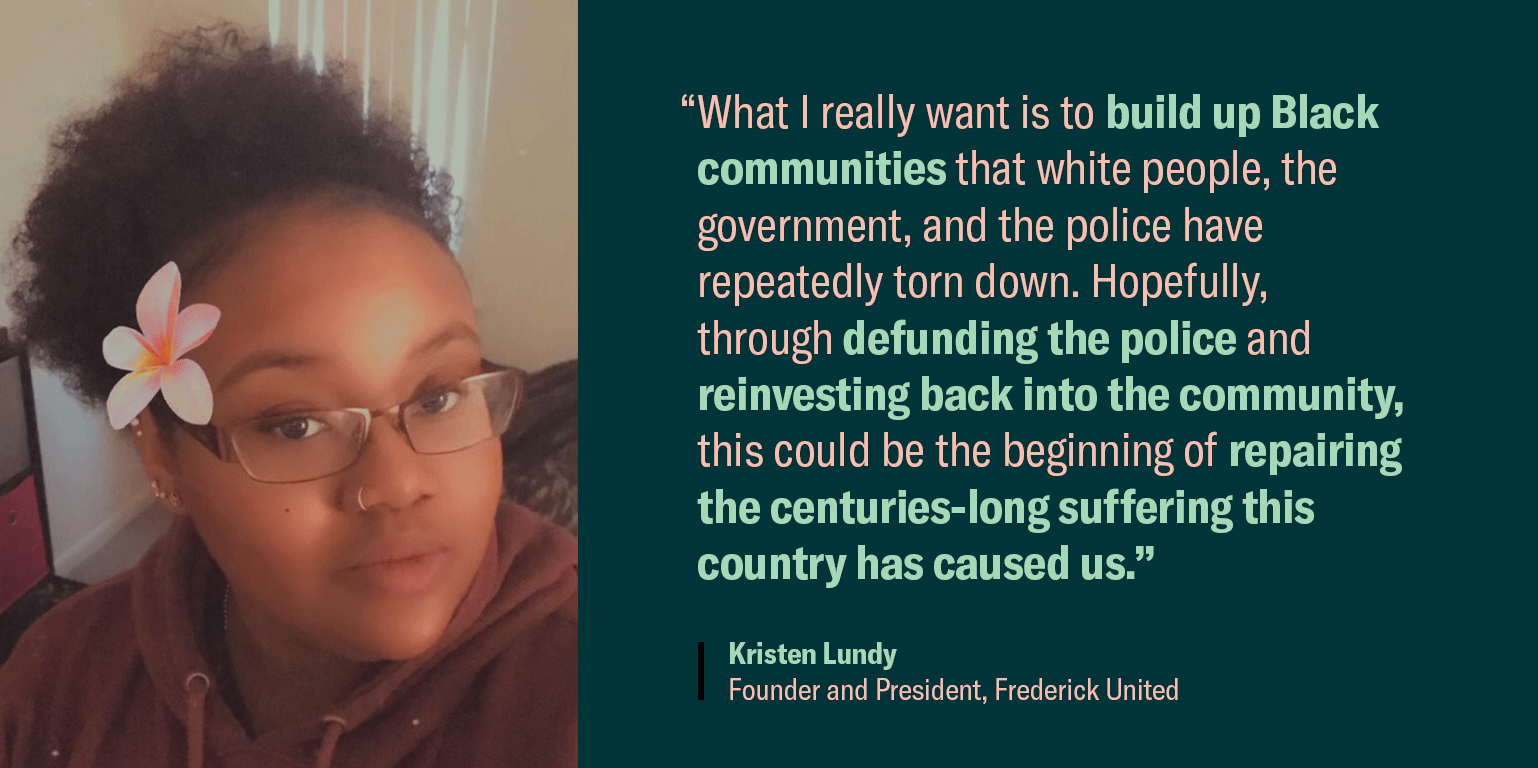
We spoke about Black and Brown businesses, mental health in Black and Brown communities, and LGTBQ+ issues, especially those of Black transwomen. We also remembered Terrance Ivor Watts and Jarrel Gray. In 2018, Terrance Ivor Watts mysteriously died under the custody of the Frederick City Police Department. However, his death was ruled a homicide. In 2007, Deputy Rudy Torres of the Frederick County Sheriff’s Department killed Jarrel Gray by tasing him twice. Their names will never be forgotten.
While my ancestors would be proud of us and the Black Lives Matter movement, I know they would be heartbroken that we are still protesting the same things they went through. Historically, police in this country have abused and killed Black people. In some cases, the first local police units were built explicitly to focus on this purpose, to control Black people who were enslaved or recently freed.
In Frederick County, Black people make up less than 6 percent of the population under the jurisdiction of the Frederick County Sheriff’s Office, but in 2018 Black people made up around 27 percent of adult arrests and 40 percent of the arrests of children.1 That racial disparity is extreme and we must stop it.
When we call to defund the police, it is not meant to take away from public safety. Rather, it is a call for us to reimagine what public safety could look like. Can we make a community where a police force isn’t terrorizing Black and Brown people? Can we divert some funds from police departments that use racial profiling and fuel the mass incarceration of Black people?
What would it look like if some of the duties of police were given to an emergency response team, comprised of mental health experts, addiction specialists, counselors, and specialists trained in de-escalation? What would society look like if we stopped punishing and jailing people for crimes of poverty and instead used those public funds to build more food banks, shelters, and low cost/free places to fix taillights and other problems with cars?
What would it look like if we treated addiction like a mental illness instead of a crime? Could we have a society that is more understanding of children’s impulsive and reckless behavior due to their brains not being fully developed yet? Could we replace school police officers with behavioral counselors and a better funded, more engaging education?
What would it look like if the police stopped working with ICE, stopped targeting and racially profiling immigrants of color? What if we instead create a society that supported our undocumented residents, who only want to live peacefully and work with the community?
For survivors of domestic violence, could we build and fund safehouses to protect them from their abusers and provide a way out, which some so desperately need?
Defunding the police is not about taking away from public safety. The Sheriff and City Police budget are a combined $81 million. We are merely taking some of those funds from police departments, which are given a huge proportion of public money, and reallocating our dollars to support real, proven ways to improve public safety for all.
Frederick County’s local elected officials need to defund the police to curb over-policing and racial profiling in my community. I want a Frederick where I can drive my car without the police stopping and racially profiling me. We should strive for a future where Black people can live their lives in peace without fearing that the police will harass, abuse, shoot, or kill them.
I see the public dollars being diverted from an institution that promotes white supremacy to being shifted back to the people, especially to the communities most hurt by the actions of the police.
What I really want is to build up Black communities that white people, the government, and the police have repeatedly torn down. Hopefully, through defunding the police and reinvesting back into the community, this could be the beginning of repairing the centuries-long suffering this country has caused us.
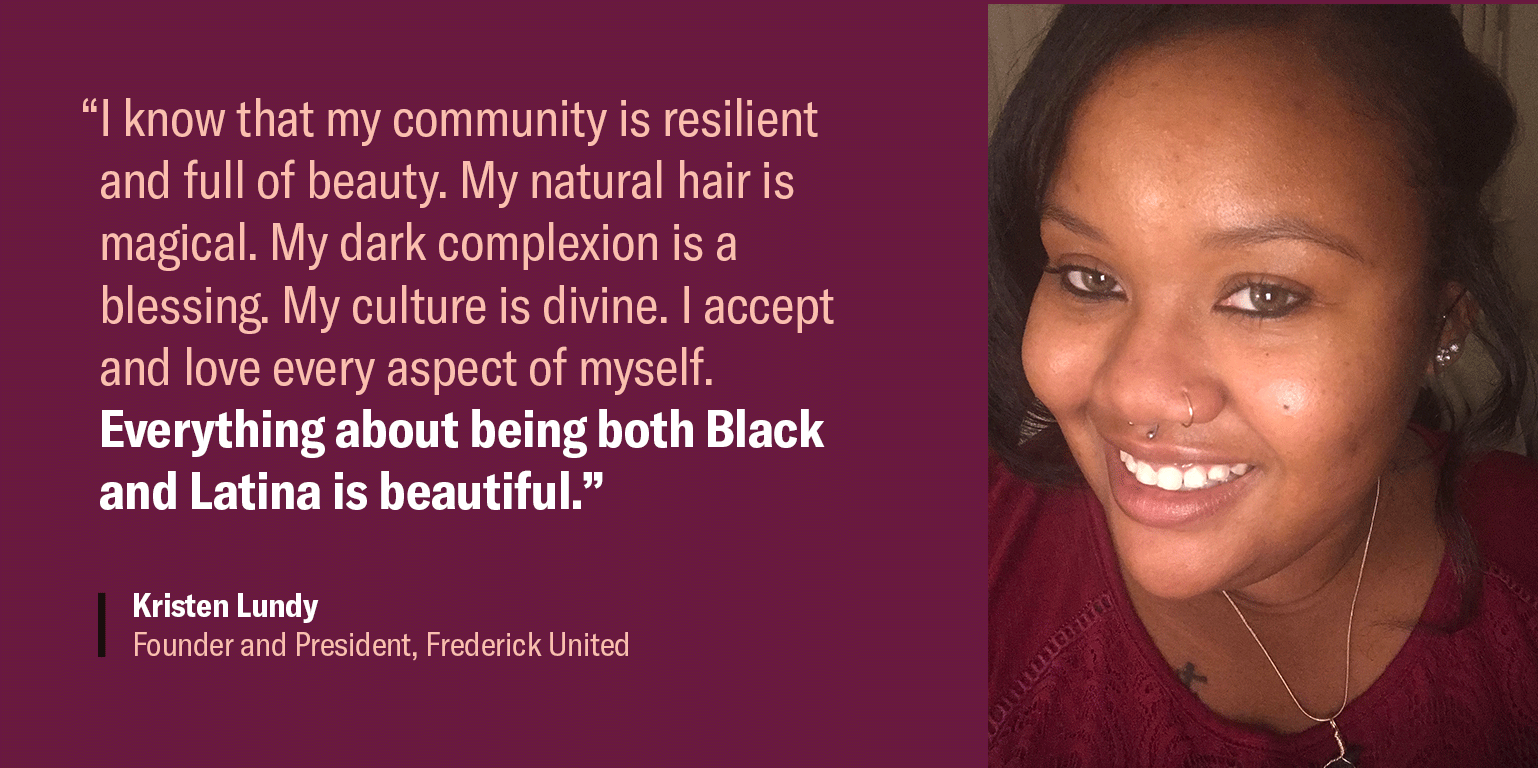
Even though this knowledge coupled with the centuries of oppression is filled with despair and depression, I know that my community is resilient and full of beauty. My natural hair is magical. My dark complexion is a blessing. My culture is divine. I accept and love every aspect of myself. Everything about being both Black and Latina is beautiful.
My community and I will continue to advocate to save Black lives because our lives matter.
If you’d like to learn how you can take the first steps to reimagine policing, please read our letter here to legislators, which demands changes to our broken policing system, and sign here to also call on legislators to make a greater impact in Maryland.
1Frederick County Sheriff's Office internal 2018 Administrative Review, and then highlighted in a 2019 report by Karl Bickel and Eileen Benecke

